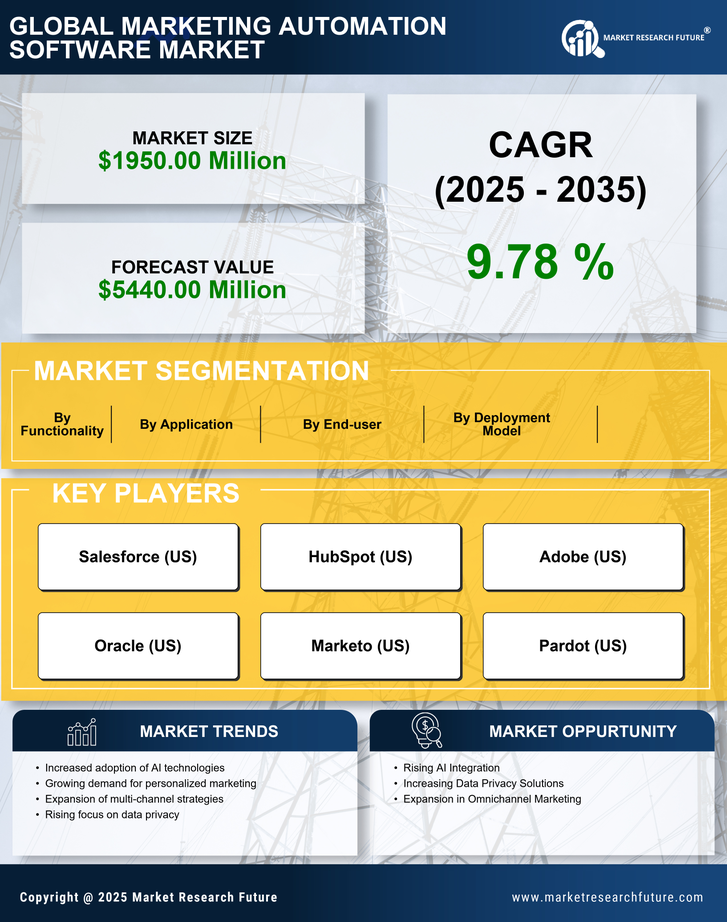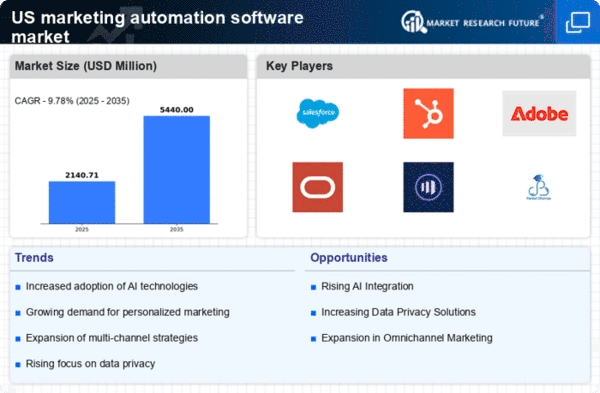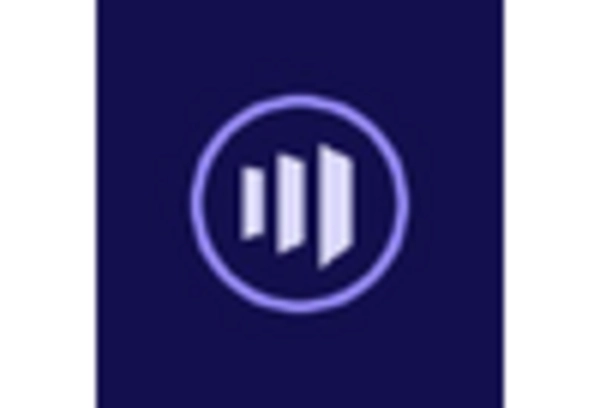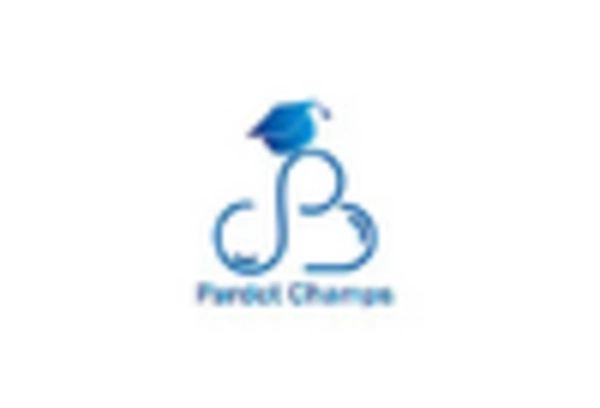Emphasis on Cost Efficiency
Cost efficiency remains a critical driver in the marketing automation-software market, as businesses seek to optimize their marketing budgets. With the increasing pressure to demonstrate ROI, organizations are turning to automation tools that streamline processes and reduce operational costs. Studies indicate that companies implementing marketing automation can achieve a 14.5% increase in sales productivity and a 12.2% reduction in marketing overhead. This focus on cost efficiency encourages businesses to adopt automation solutions that not only enhance productivity but also provide measurable results. Consequently, the marketing automation-software market is likely to witness continued growth as more organizations recognize the financial benefits of automation in their marketing strategies.
Expansion of E-commerce Platforms
The rapid expansion of e-commerce platforms significantly influences the marketing automation-software market. As online shopping continues to grow, businesses are increasingly reliant on automation tools to manage their digital marketing efforts effectively. E-commerce sales in the US are projected to reach $1 trillion by 2025, highlighting the need for robust marketing strategies that can keep pace with this growth. Automation software enables businesses to streamline their marketing campaigns, manage customer relationships, and analyze performance metrics efficiently. This trend suggests that the marketing automation-software market will experience substantial growth as companies seek to capitalize on the burgeoning e-commerce landscape and enhance their online presence.
Integration of Advanced Analytics
The integration of advanced analytics into the marketing automation-software market is transforming how businesses approach their marketing strategies. By leveraging data analytics, companies can gain deeper insights into customer behavior, preferences, and trends. This capability allows for more informed decision-making and the optimization of marketing campaigns. Recent statistics suggest that organizations utilizing analytics in their marketing efforts see a 20% increase in ROI compared to those that do not. As businesses strive to enhance their marketing effectiveness, the demand for automation solutions that incorporate robust analytics features is expected to rise. This trend indicates a shift towards data-centric marketing approaches, positioning the marketing automation-software market for sustained growth.
Rising Demand for Personalization
The marketing automation-software market experiences a notable surge in demand for personalized marketing strategies. Businesses increasingly recognize that tailored content significantly enhances customer engagement and conversion rates. According to recent data, 80% of consumers are more likely to make a purchase when brands offer personalized experiences. This trend compels companies to invest in automation tools that facilitate data-driven insights, enabling them to segment audiences effectively and deliver relevant messages. As a result, the marketing automation-software market was likely to expand, with projections indicating a growth rate of approximately 15% annually over the next five years. This driver underscores the necessity for businesses to adopt sophisticated automation solutions to meet evolving consumer expectations and maintain competitive advantage.
Growing Importance of Compliance and Data Security
As data privacy regulations become more stringent, the marketing automation-software market faces increasing pressure to ensure compliance and data security. Businesses must navigate complex regulations such as the CCPA and GDPR, which mandate strict guidelines for data handling and consumer privacy. This regulatory landscape compels organizations to invest in automation solutions that prioritize data security and compliance features. Recent surveys indicate that 70% of marketers consider compliance a top priority when selecting automation software. This emphasis on data protection not only safeguards consumer trust but also positions companies favorably in the marketplace. Thus, the marketing automation-software market is likely to expand as businesses seek compliant solutions that mitigate risks associated with data breaches.

















